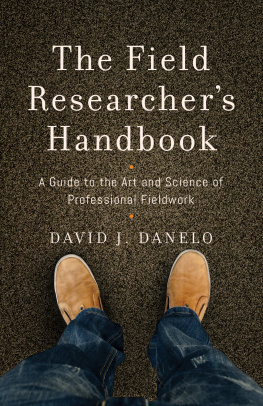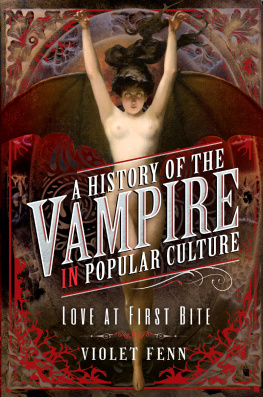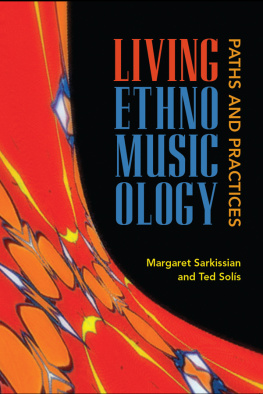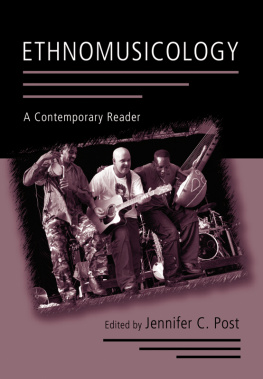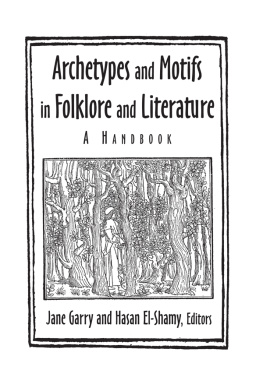This book is a publication of
Indiana University Press
Office of Scholarly Publishing
Herman B Wells Library 350
1320 East 10th Street
Bloomington, Indiana 47405 USA
iupress.indiana.edu
2019 by Lisa Gilman and John Fenn
All rights reserved
No part of this book may be reproduced or utilized in any form or by any means, electronic or mechanical, including photocopying and recording, or by any information storage and retrieval system, without permission in writing from the publisher. The paper used in this publication meets the minimum requirements of the American National Standard for Information SciencesPermanence of Paper for Printed Library Materials, ANSI Z39.48-1992.
Manufactured in the United States of America
Cataloging information is available from the Library of Congress.
ISBN 978-0-253-04025-1 (paperback)
ISBN 978-0-253-04026-8 (ebook)
1 2 3 4 5 24 23 22 21 20 19
Supplemental course materials are available for this volume and can be viewed online at https://www.iupress.indiana.edu/books/folkethnohandbook
First and foremost, we are grateful to each person who has welcomed us into their lives, generously invited us to activities and events, and patiently listened to our not always well-articulated probing questions. Over the course of more than two decades of fieldwork we have done, it has been the participants in our projects who have been our teachers. By doing fieldwork we continue to learn how to do it. We also acknowledge all of our students over the yearsteaching and guiding you through your many projects has expanded the breadth of our perspectives far beyond what any one fieldworker could experience in a lifetime.
Thank you to the anonymous reviewers whose detailed and concrete feedback has greatly strengthened the project. We appreciate Indiana University Presss director, Gary Dunham, for recognizing the need for this handbook, and are much indebted to editor Janice Frisch for her clear and careful guidance throughout the process.
Most important, we are thankful for our patient and adventurous daughters. They have joined us on so many fieldwork excursionssometimes coerced, sometimes enthusiastically. Having two folklorist/ethnomusicologist parents must have benefits as well as challenges. Know that you have enhanced not only our lives but also our research.
Handbook for Folklore and Ethnomusicology Fieldwork
THIS HANDBOOK PROVIDES AN OVERVIEW of fieldwork approaches relevant to folklorists, ethnomusicologists, and those in allied fields who explore artistic and communicative practices as they manifest in lived social environments. Recognizing that folklorists, ethnomusicologists, and others utilize multiple research strategiesincluding but not limited to archival and library research, literary analysis, and quantitative surveysour focus is explicitly ethnographic fieldwork methods and not these other approaches. This handbook should be most useful for students and researchers whose methods involve engaging directly with the participants who produce and consume the cultural materials they are studying, and it is expected that many users will combine field methods with some of the others listed.
In as much as they are distinct, folklore and ethnomusicology share a great deal in their foci, theoretical frameworks, and methodological strategies. The authors consider themselves to be at the intersection of the two overlapping fields, and we have targeted this handbook accordingly. Folklorists and ethnomusicologists often study some type of creative culture as it occurs in contemporary life, attending to the processes and contexts of artistic engagement in interaction with the creators and their products. While there are many valuable textbooks about ethnographic methods produced by cultural anthropologists and those working in other disciplines, this volume adds to these resources with its explicit emphasis on how to do fieldwork about the arts and other forms of creative activity with attention to the contexts for and processes of their production, reception, distribution, and preservation.
Our objective is to provide guidance about methodological strategies and skills, which are important in the planning and execution of research projects, and in working with field data afterward. We also address theoretical and methodological issues integral to the ethnographic enterprise, such as positionality, ethics, representation, intellectual property, and reciprocity. Additionally, we provide guidance on preparing materials for archiving and preservationsteps that start during the planning and continue through the postfieldwork phase of research.
Our scope includes what typically has been the topic of folklore and ethnomusicology research methods guidesface-to-face research with individuals and communities who are involved in expressive culture. In as much as we value these methods as described in existing texts, most of which were published in the last decades of the twentieth century, we also recognize the need for a new text that addresses fieldwork in face-to-face as well as technologically mediated settings. Given the rapidity with which technology changes, any handbook about using technology in research will most likely be outdated by the time of publication. We therefore attempt to provide guidelines and ways of thinking that will be useful for the technologies current at the time of writing and applicable to new ones that emerge in the future.
Most existing guides on folklore and ethnomusicology fieldwork are intended to train future academics and provide research models based primarily on academic objectives and schedules. These generally assume that a researcher will spend extended amounts of time with a community in the field, often over multiple years, to gain deep intensive and extensive knowledge about the people and the cultural practices under study. These guides often also assume that the end products will be written descriptions and interpretations. Many professional folklorists and ethnomusicologists, however, do not work in academic settings. Rather, they work in the public sector or nonprofit environments where timelines tend to be shorter and research objectives more restricted and directed, thus necessitating a different approach to fieldwork. This handbook provides information valuable to those in academic and nonacademic settings and is adaptable to those doing research across professional and personal contexts and with diverse objectives.
This volume is relevant to those doing fieldwork in their home countries or in foreign countries, and in communities of which they are a part and those of which they are not. We provide information about research tools useful in different contexts and address some strategies and challenges of doing research in a variety of situations. We discuss how different types of relationships between researchers and the people that are the focus of a project can result in different types of research outcomes. Throughout, we have attempted to use gender neutral pronouns to the greatest extent possible.
The three parts represent three phases of fieldwork typical for many projects: Preparing for the Field, In the Field, and After the Field. In part I, Preparing for the Field, we cover the process of identifying a topic; creating a fieldwork plan; developing the intellectual, linguistic, cultural, and technological foundation necessary for successfully carrying out a project; potential ethical concerns; the practical details of preparing for research; and some of the bureaucratic details that often need attention prior to beginning field research.




